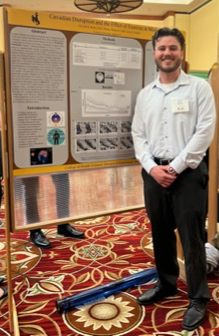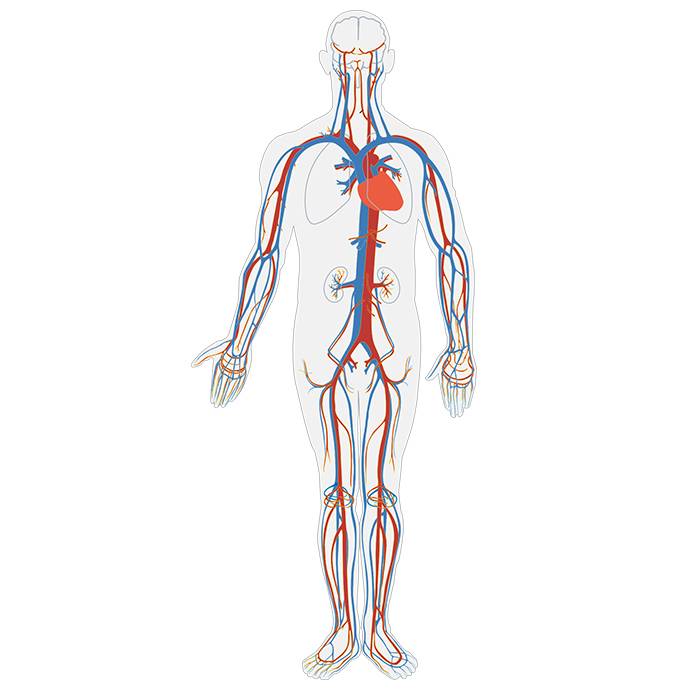Circadian Rhythm and Exercise Research Lab
Division of Kinesiology and Health
The circadian clock plays a key role in coordinating many biological processes, from
behaviors to cellular metabolism and mitosis. Disruption of circadian rhythms can
increase susceptibility to multiple diseases (cancer, cardiovascular disease, etc.);
however, it is surprising that little is known about the consequences of chronic circadian
misalignment causing disease.
Studies suggest that frequent jet lag or shifts of daily rhythms as a result of rotating
shift work can lead to many deleterious health outcomes. However, voluntary physical
activity has been positively correlated with decreases in cardiovascular disease,
obesity, type II diabetes and some forms of cancer.
Therefore, my underlining scientific objective is to use physical activity interventions
as a tool to mitigate or delay the harmful diseases that can develop from chronic
circadian misalignment.





